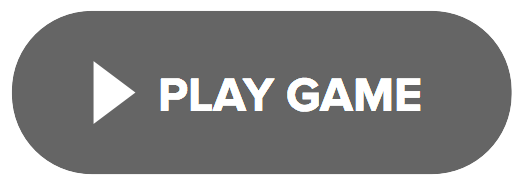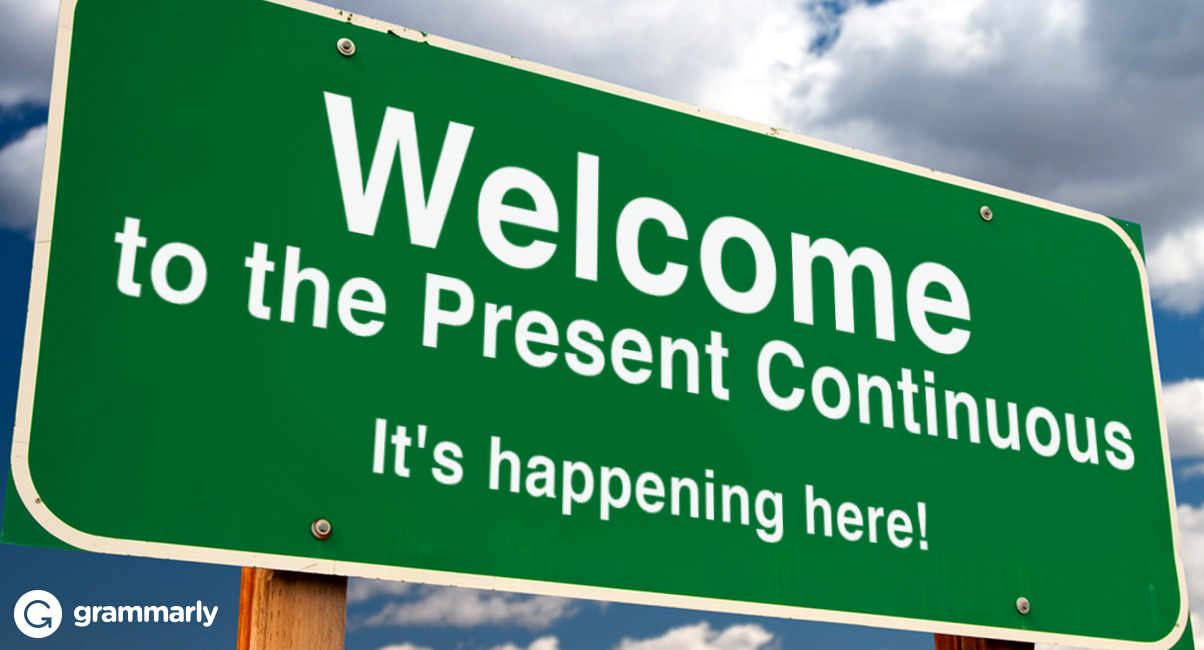DEFINING AND NON-DEFINING RELATIVE CLAUSES
I'm providing you with some games and exercises so that you can check your understanding of the concept under study.
 |
| Exercises |
USED TO & BE USED TO
Try the following exercises to check understanding.
PRESENT PERFECT
COMPARATIVES/SUPERLATIVES
Now you have read everything about these forms, check the following links to see if you have understood it all!
-ED / -ING
Adjectives that end ‘-ed’ (e.g. ‘bored’, ‘interested’) and adjectives that end ‘-ing’ (e.g. ‘boring’, ‘interesting’) are often confused.
-ed adjectives
Adjectives that end ‘-ed’ describe emotions – they tell us how people feel about something.
- I was very bored in the maths lesson. I almost fell asleep.
- He was surprised to see Helen. She’d told him she was going to Australia.
- Feeling tired and depressed, he went to bed.
-ing adjectives
Adjectives that end ‘-ing’ describe the thing that causes the emotion – a boring lesson makes you feel bored.
- Have you seen that film? It’s absolutely terrifying.
- I could listen to him for hours. He’s one of the most interesting people I’ve ever met.
- I can’t eat this! It’s disgusting! What is it?
HAVE TO-DON'T HAVE TO / MUST-MUSTN'T
Well, I think you' re now ready to check your understanding. I'm attaching four links.
FIRST CONDITIONAL
Comenzamos con el uso del condicional en inglés. Iremos poco a poco. Y, por eso, vamos con el primero de los tipos. Haciendo click en la imagen, obtendréis información sobre cómo se forma este tipo de oraciones. Posteriormente, en los botones de "ACTIVITIES", trabajaremos este tipo de oraciones.
¡Ánimo!

Click para obtener información
¡Ánimo!
 |
| Click para obtener información |
PERSONAL & POSSESSIVE ADJECTIVES/PRONOUNS
Now, it's time to mix them all!
Another very important topic we will have a look at in this unit is that of showing possession. That is why our task will be related with the use of both, POSSESSIVE ADJECTIVES and POSSESSIVE PRONOUNS.

Possessive adjectives

Possessive Pronouns
WILL / GOING TO
Find below a series of different links to check your understanding of the future forms seen in class.
GOING TO
WILL / GOING TO
More activities...
SIMPLE vs PAST CONTINUOUS
Como ya habéis leído todo lo referente al Pasado Simple y Continuo, ahora es momento de poneros a prueba. ¡Adelante!

Exercises
LIST OF IRREGULAR VERBS
Aquí os dejo la lista que os he comentado en clase. La podéis consultar directamente o descargarla pinchando en la imagen.
PERSONAL & POSSESSIVE ADJECTIVES/PRONOUNS
Now, it's time to mix them all!
Another very important topic we will have a look at in this unit is that of showing possession. That is why our task will be related with the use of both, POSSESSIVE ADJECTIVES and POSSESSIVE PRONOUNS.
| Possessive adjectives |
| Possessive Pronouns |
WILL / GOING TO
Find below a series of different links to check your understanding of the future forms seen in class.
GOING TO
WILL / GOING TO
More activities...
Como ya habéis leído todo lo referente al Pasado Simple y Continuo, ahora es momento de poneros a prueba. ¡Adelante!
 |
| Exercises |
Aquí os dejo la lista que os he comentado en clase. La podéis consultar directamente o descargarla pinchando en la imagen.
HOW MUCH / HOW MANY
After reading the information in the "ClassNotes" section, check your understanding by clicking on the image below.

Click to do exercises
THERE IS / ARE
We don't stop, as you can see, and continue working on this hard session. We'll start with the difference in use between "There is" and "There are".

Click to do the exercise
Should you want more exercises on this issue...

Click to do the exercise
HOW MUCH / HOW MANY
After reading the information in the "ClassNotes" section, check your understanding by clicking on the image below.
 |
| Click to do exercises |
 |
| Click to do the exercise |
Should you want more exercises on this issue...
 |
| Click to do the exercise |
LA HORA EN INGLÉS
GIVING DIRECTIONS
Click on the following links to access the different exercises (and games, too) that'll check your understanding.
PRESENT SIMPLE - CONTINUOUS
Check your understanding of how numbers are written and pronounced in English with these activities.






















